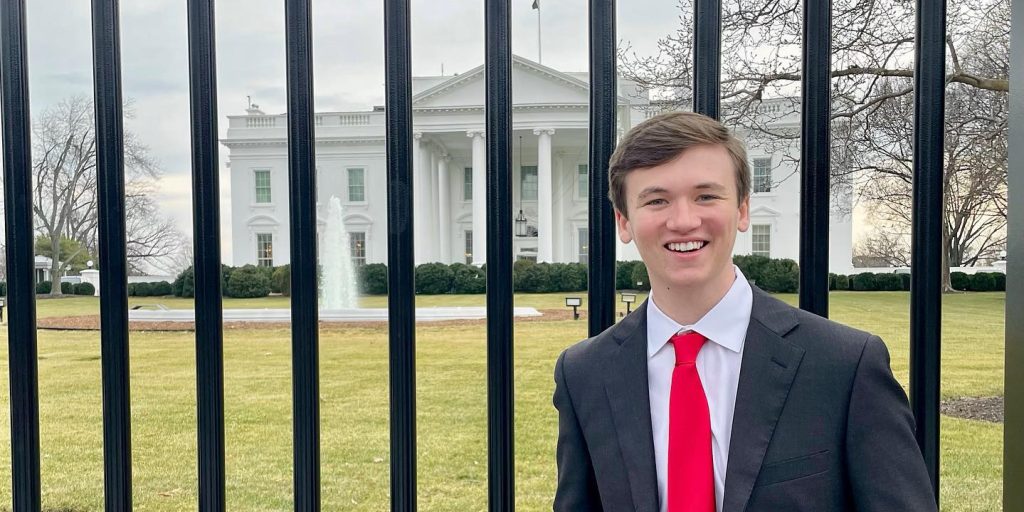Everybody makes mistakes, but government accountants seem particularly error prone. With 70 million Americans receiving Social Security payments annually, mistakes are inevitable. But the Social Security Administration aggressively pursues repayment years or even decades later as detailed in Social Security Horror Stories by Lawrence Kotlikoff and Terry Savage.
The repayment efforts can cause immense hardship. Cases cited by the book include: a widow asked to repay $300,000; a five-year-old sued months after his mother died; and denying a veteran’s indigency claim based on too many cable television channels.
People can hardly dispute decades old claims. This is no way to prevent Social Security’s looming insolvency.
Government should not pay money to ineligible recipients. Fraudsters should be prosecuted and made to pay restitution. But the Horror Stories involve mistaken payments, not fraud. These payments should be recovered if recognized quickly but not years later. The authors’ proposed fix, a one-year statute of limitations for erroneous payments, seems proper.
Recovering Social Security overpayments, like cutting waste, fraud, and abuse, offer illusory “solutions” to government over spending. Neither cracking down on welfare cheats nor recovering overpayments will prevent insolvency. The mirage of an easy solution diverts political energy from hard decisions.
And Social Security’s current trajectory is bleak. Benefits now exceed payroll tax collections and will deplete the accumulated Trust Fund in about a decade. At that point, either benefits must be cut, the payroll tax increased, or Congress will have to cover the deficit.
Fiscal conservatives accuse Republican presidential candidates foreswearing Social Security cuts of denying reality. Yet economist Steve Moore of the Committee to Unleash Prosperity strongly warns Republicans against benefit cuts. Mr. Moore is a staunch fiscal conservative, so his argument here is worth considering.
One part is that benefit cuts essentially confiscate Americans’ hard-earned savings. Social Security is best understood as forced retirement saving. This might appear like an unacceptable violation of personal freedom, but Americans may recognize that they will not save enough for retirement and consent to forced saving.
Social Security could also avoid a Samaritan’s Dilemma. In the Bible, a good Samaritan showed kindness by assisting a stranger set upon by bandits. But such assistance lowers the cost of traveling through bandit territory and can be counted on as more people take the moral lesson to heart. Good Samaritans might find their generosity being taken advantage of.
If people know they will receive an old-age pension, they have even less reason to save. Controlling Samaritan’s Dilemmas can be difficult, particularly if we will not tolerate impoverished, homeless elderly potentially freezing. Forcing saving may offer an improvement.
Although run as a pay-as-you-go transfer program, Americans embrace Social Security as equivalent to savings. Consequently, promised benefits are viewed as earned even if the benefit schedule can legally be changed. Americans recognize that benefit cuts amount to robbery even if fiscal conservatives do not.
The second element of Mr. Moore’s argument involves offering desirable alternatives. Social Security’s pay-as-you-go structure offers Americans an abysmal rate of return. Mr. Moore argues that a true pension alternative could provide at least double the current benefits.
The timing of contributions worsens the deal. The payroll tax negatively impacts young families. A young couple with children making $50,000 annually pays $6,000. This money could really help pay bills. Thanks to compound interest, every dollar the couple saved in a 401k at age 30 could be $10 by retirement. Social Security stresses young workers’ finances without compensating generous returns.
Reform should focus on a superior alternative. The potential for significantly higher returns could make Americans, even those relatively close to retirement, voluntarily leave Social Security. The loss of contributions by younger workers will worsen Social Security’s near-term deficit but alleviate the projected future disaster.
Social Security may currently be unsustainable, but recovering overpayments decades later is neither a solution nor just. Slashing benefits or significantly hiking taxes offer solutions. But giving Americans a better option is more promising.
Daniel Sutter is the Charles G. Koch Professor of Economics with the Manuel H. Johnson Center for Political Economy at Troy University and host of Econversations on TrojanVision. The opinions expressed in this column are the author’s and do not necessarily reflect the views of Troy University.










